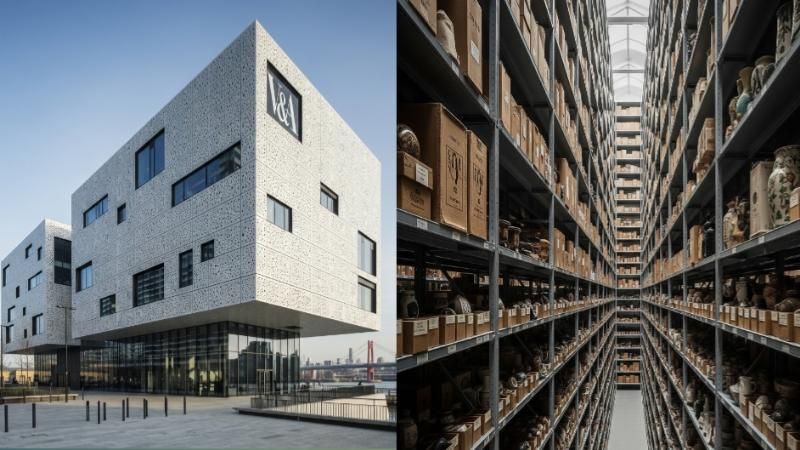Car manufacturing in the UK fell to its lowest level in over seven decades last month, with experts blaming a combination of U.S. tariffs imposed by former President Donald Trump and the seasonal slowdown during the Easter holiday. The drop has fueled concerns that the UK car industry is facing a “low-volume crisis.”
In April, only 59,203 vehicles were produced—a 16% decline compared to the same month in 2024. Excluding the exceptional case of April 2020, when COVID-19 lockdowns brought production to a near halt, this is the worst April output since 1952. The numbers also show a 25% decrease from March.
The Society of Motor Manufacturers and Traders (SMMT) attributed the drop not only to Easter but also to temporary pauses in production for model changeovers. Mike Hawes, SMMT's Chief Executive, described the start of 2025 as the toughest since 2009. He emphasized the need for immediate action to stimulate domestic demand and enhance the UK’s international competitiveness.
“To seize global trading opportunities, we need more investment, which hinges on a strong and forward-thinking industrial strategy,” Hawes said. “Done right, this could lead to more jobs, economic growth, and progress toward decarbonization.”
However, analysts also warn against underestimating the impact of Trump-era tariffs on UK automotive exports to the United States, which fell by more than 10% last month.
David Bailey, a Business Economics professor at the University of Birmingham, told Auto Express that the UK auto industry is suffering from chronic underproduction and rising costs. “While global pressures are shared, UK manufacturers—especially premium and luxury brands—have been hit particularly hard by U.S. tariffs,” he noted.
Bailey stressed the need for the UK government to urgently release its long-delayed industrial strategy. “Support is essential for advanced manufacturing, especially in areas like EV production, battery supply chains, workforce development, and reducing energy costs,” he said.








.svg)


